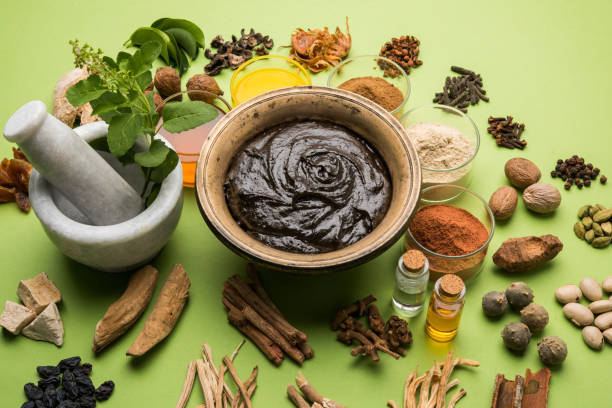Ayurveda, a way to good health!

How does the Liver Work?
September 10, 2020Ayurveda is a system of traditional medicine that has been practiced in India for over 5000 years. It is based on the belief that health and wellness depend on a delicate balance between the mind, body, and spirit. The practice of Ayurveda seeks to restore this balance through a combination of diet, lifestyle changes, herbal remedies, and other therapeutic techniques. In recent years, Ayurveda has gained widespread recognition for its effectiveness in treating a range of diseases, making it an increasingly popular alternative to modern medicine.
One of the key principles of Ayurveda is the individualized approach to healthcare. This means that each person is treated as a unique individual, taking into account their specific physical and psychological characteristics, as well as their individual health history. This approach is in contrast to modern medicine, which often focuses on treating symptoms and diseases in a more generalized manner. In Ayurveda, the aim is to find the root cause of the disease and address it directly, rather than just suppressing symptoms with drugs.
Ayurveda also places a strong emphasis on preventive measures and holistic health, recognizing that diseases are often the result of an imbalance in the body, rather than an isolated event. Practitioners of Ayurveda therefore encourage their patients to adopt healthy lifestyle habits, such as regular exercise, a balanced diet, and stress management techniques, in order to prevent the development of disease.
Herbal remedies play a central role in the treatment of diseases in Ayurveda. Practitioners use a wide range of herbs, each with its own unique properties, to restore balance to the body and treat specific conditions. For example, turmeric is commonly used for its anti-inflammatory properties, while ghee is often used to support digestive health. Ayurveda also makes use of mineral and animal-based products, such as minerals and precious stones, to treat specific health conditions.
Another important aspect of Ayurvedic treatment is massage therapy, which is used to stimulate circulation, reduce stress and promote relaxation. Ayurvedic massage techniques, such as Abhyanga, are designed to stimulate the flow of energy throughout the body, promoting physical and emotional well-being. Additionally, Ayurveda recognizes the importance of mental and emotional health, and practitioners often incorporate meditation, yoga and other stress management techniques into their treatment plans.
In conclusion, Ayurveda offers a unique approach to healthcare that focuses on individualized treatment and holistic wellness. The use of herbal remedies, massage therapy, and other therapeutic techniques, along with a focus on preventive measures and healthy lifestyle habits, makes Ayurveda an effective and safe alternative to modern medicine for the treatment of a range of diseases. As interest in alternative forms of healthcare continues to grow, Ayurveda will likely become an increasingly popular choice for people seeking to restore balance and improve their overall health and well-being.




